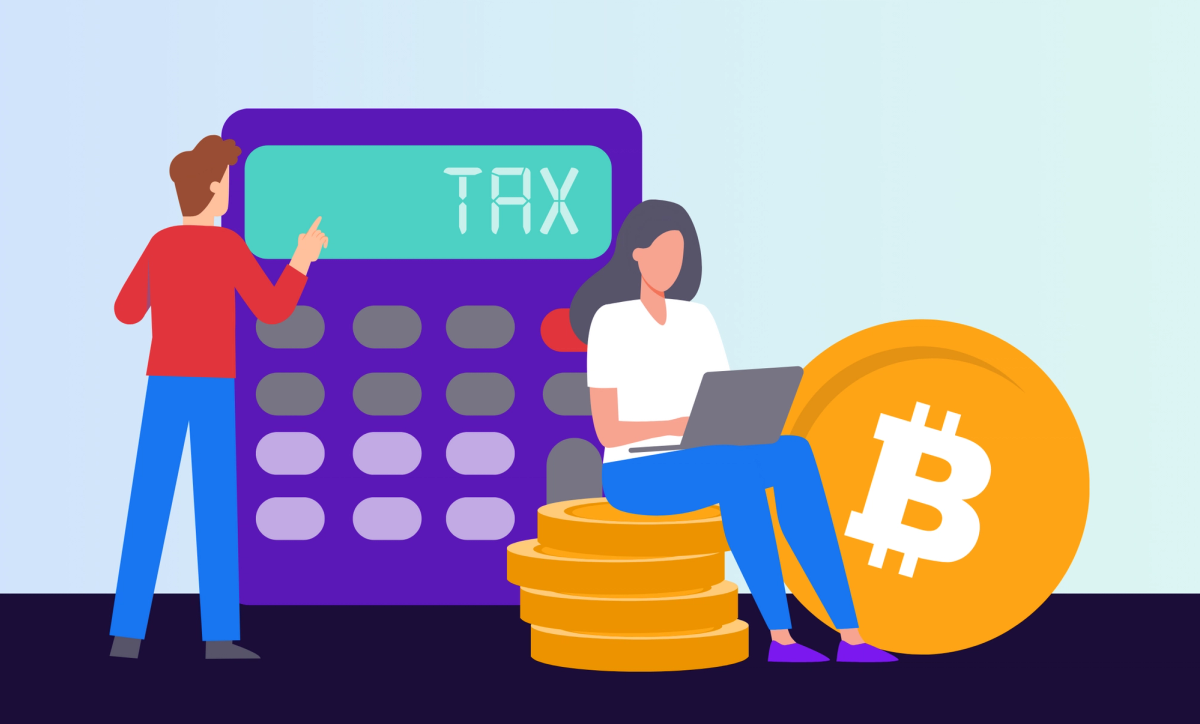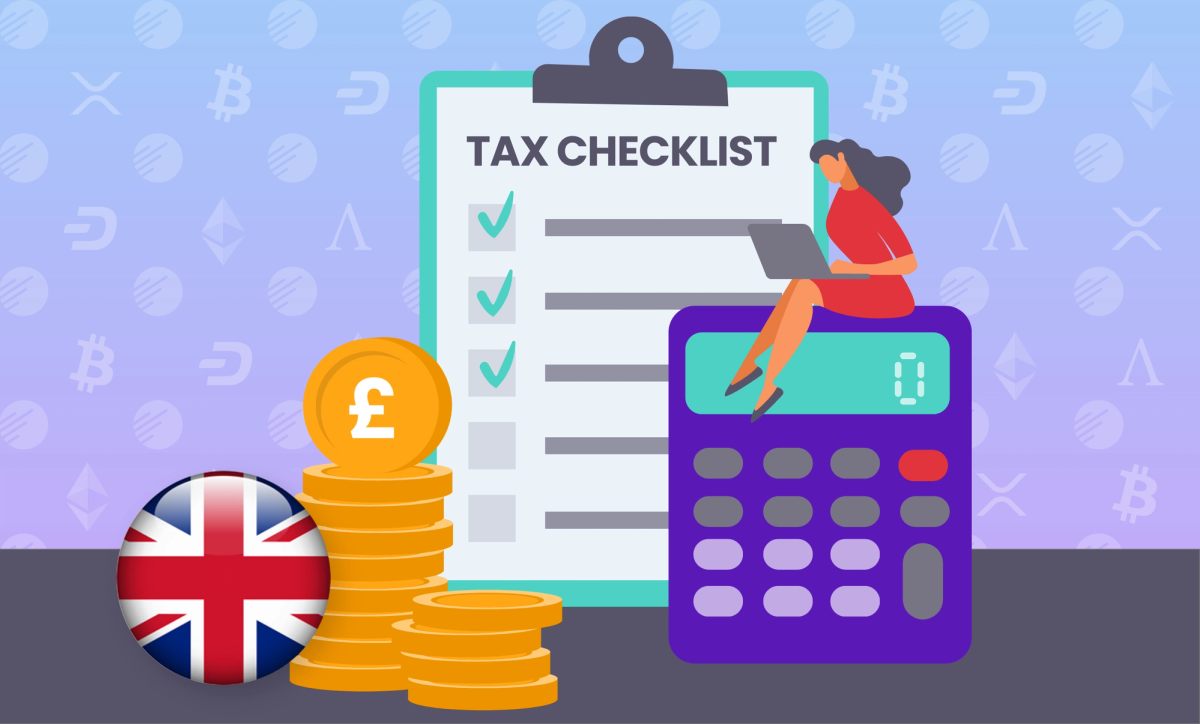
Tax filing season might be in the rearview mirror, but keeping a sharp crypto tax strategy throughout the year is key to financial peace of mind. Let's explore some practical tips to ensure you're well-prepared when tax season rolls around again, no matter what your tax jurisdiction.
1. Impeccable record-keeping and regular portfolio updates
Let’s kick off with a resolution: top-knotch record-keeping. Whether you’re trading Bitcoin or those cheeky alt-coins make sure you maintain a detailed record of every crypto transaction - assets, prices, dates, times exchanges/wallets. Spreadsheets or dedicated crypto portfolio trackers that automatically fetch your transaction data can be your best friend for this challenge. Make sure you check and regularly update your records to reflect any changes in your holdings. This not only provides an accurate and somewhat satisfying (depending on the market) snapshot of your investments but also helps you identify potential tax implications as your portfolio evolves.
2. Educate yourself on tax implications and stay updated on regulatory changes
Tax may be dreary but understanding the tax implications of your crypto activities is crucial, so get cosy with the crypto tax guidance for your jurisdiction. The crypto regulatory landscape is ever-changing so stay vigilant about updates by following informative crypto bodies and experts like Recap, CryptoUK and Crypto Tax Girl or Clinton Donnelly for the US. Knowing the tax treatment of various transactions can empower you to make informed investment decisions. Getting involved with the crypto community is worthwhile, although tax is quite private and not a topic we like to talk about, sharing experiences and insights with fellow investors can provide valuable perspectives on navigating the crypto tax landscape.
3. Set aside provisional tax payments
Take a proactive approach by setting aside funds for tax payments throughout the year. This helps prevent any financial surprises when tax season arrives, allowing you to manage your cash flow more effectively. This is where crypto tax calculators are your best friend - by keeping track of your crypto transactions throughout the year they can also help you understand how much tax you may owe. It’s important to remember that tax is paid in fiat, so if you need to convert some crypto to cover your tax bill you might be creating another taxable disposal and the timing of this has potential to impact future tax years.
4. Use tax optimisation strategies
Explore tax optimisation strategies relevant to your local tax jurisdiction. Starting with simple strategies - such as making the most of any taxable allowances or strategically timing your disposals to take advantage of lower tax rates. On a more complex level you could also consider the potential benefits of tax-loss harvesting. Consulting with a tax professional can provide personalised insights into optimising your tax position - the tax savings generally outweigh the cost!
5. Embrace technology
Explore the latest crypto tax tools and software like Recap. We can streamline the process of calculating your tax liability, saving you time and reducing the risk of errors. As well as generating your tax report we can also help you keep track throughout the year, providing insights on best and worst performing assets and identifying opportunities for tax optimisation.
Conclusion
By adopting these proactive measures, you can transform the once-daunting task of managing crypto taxes into a well-organised and manageable process. Stay informed, stay connected, and stay ahead of the crypto tax game, no matter where you are in the world! Here's to a tax-savvy and prosperous crypto journey!
Disclaimer: This blog provides general information and does not constitute financial or tax advice. Consult with a qualified professional for personalised guidance based on your specific circumstances.



